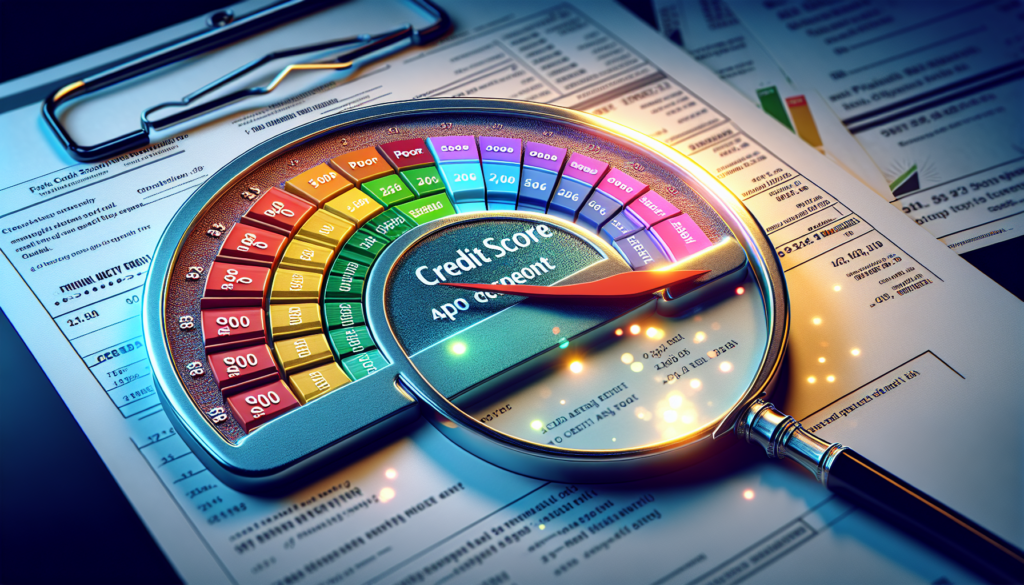
Re-establishing credit after filing for bankruptcy is a crucial step towards financial recovery. While bankruptcy can provide relief from overwhelming debt, it also impacts your credit score significantly. However, with careful planning and disciplined financial behavior, you can rebuild your credit over time. Here are some effective strategies to re-establish credit after bankruptcy:
- Review Your Credit Report
- Action: Obtain a copy of your credit report from the three major credit bureaus (Equifax, Experian, and TransUnion) to ensure all discharged debts are accurately reported as such.
- Purpose: Errors or inaccuracies can negatively affect your credit score. Dispute any inaccuracies you find.
- Secured Credit Cards
- Action: Apply for a secured credit card, which requires a cash deposit that serves as your credit limit.
- Purpose: Using a secured card responsibly (keeping balances low and making payments on time) demonstrates to creditors that you can manage credit effectively, helping to rebuild your credit score.
- Credit Builder Loans
- Action: Consider a credit builder loan from a credit union or community bank.
- Purpose: The money you borrow is held in an account while you make payments, building credit. Once the loan is paid off, you receive the money back, often with interest.
- Authorized User Status
- Action: Become an authorized user on a family member or friend’s credit card account.
- Purpose: This allows you to benefit from the primary cardholder’s good credit habits, as the account’s history will be added to your credit report.
- Budgeting and Financial Planning
- Action: Create a realistic budget that includes savings, and stick to it.
- Purpose: Demonstrating financial responsibility by living within your means and saving money can help you avoid falling back into debt, which is crucial for maintaining good credit.
- Timely Bill Payments
- Action: Ensure that all your bills, not just credit card or loan payments, are paid on time. This includes utilities, rent, and any other recurring obligations.
- Purpose: Payment history is a significant factor in your credit score. Consistently paying bills on time can positively impact your credit over time.
- Avoid High Credit Utilization
- Action: Keep your credit card balances low relative to your credit limits.
- Purpose: High credit utilization can hurt your credit score. Aim to use less than 30% of your available credit.
- Monitor Your Credit Score
- Action: Regularly check your credit score and report to track your progress and identify areas for improvement.
- Purpose: Monitoring your credit can also help you catch and address potential issues early, such as identity theft or reporting errors.
- Be Patient and Persistent
- Action: Understand that rebuilding credit is a process that takes time.
- Purpose: Consistent, responsible financial behavior is key to gradually improving your credit score after bankruptcy.
- Financial Education
- Action: Consider taking courses or workshops on financial management.
- Purpose: Educating yourself about credit, budgeting, and financial planning can provide you with the tools and knowledge to manage your finances more effectively and avoid future financial pitfalls.
Rebuilding credit after bankruptcy is challenging but entirely possible. By adopting responsible financial habits and using credit-building tools wisely, you can gradually improve your credit score and work towards a stronger financial future. Remember, the path to rebuilding credit is a marathon, not a sprint, requiring patience, discipline, and a commitment to making sound financial decisions.

Get a Free Bankruptcy Case Evaluation